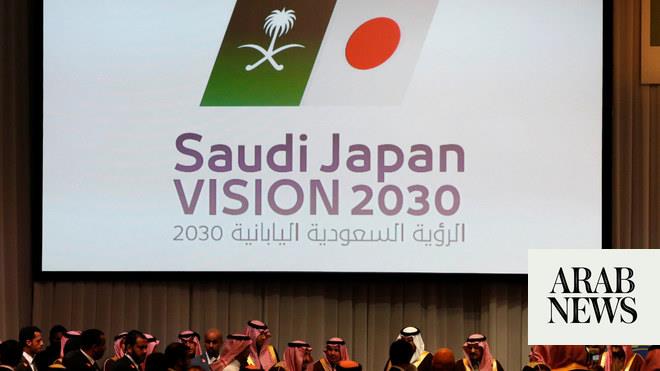
‘The countries that contributed to the decline in August 2018 are the United Arab Emirates, Saudi Arabia and Qatar’
The three Gulf countries, together with the US, Singapore, Japan, UK, Canada, Germany and Hong Kong, make up to 79 percent of the total remittances regularly sent to the Philippines
DUBAI: The repatriation of Overseas Filipino Workers (OFW) from Middle East countries – where a major portion of remittances originate – contributed to a decline in money sent to the Philippines in August this year, government data said.
“The countries that contributed to the decline in August 2018 are the United Arab Emirates, Saudi Arabia and Qatar,” the Bangko Sentral ng Pilipinas (BSP) said on Monday. The three Gulf countries – together with the US, Singapore, Japan, UK, Canada, Germany and Hong Kong – make up to 79 percent of the total cash remittances regularly sent to the country.
The Philippine central monetary authority reported that cash remittances from overseas Filipinos dipped 0.9 percent to $2.476 billion in August, from $2.499 billion sent during the same month in 2017. Around 10 million Filipinos work overseas and usually are the breadwinners of families back home, providing for most of household budgets and contributing nearly 70 percent of overall national output.
Cash sent from the UAE by Filipinos fell by 36.4 percent to $175.02 million in August, from $275.31 million of the same month last year, while cash remittances from Saudi Arabia went down 20.7 percent to $180.9 million from $228.15 million while Qatar-based OFWs meanwhile sent $68.85 million during the same month, 35.3 percent less than the $106.47 million remitted in August 2017. Among other Gulf countries, remittances from Kuwait slipped 17.4% to $61.3 million from $74.05 million; it was down 37.3 percent in Oman to $17.71 million from $28.24 million previously, but was up 3.4 percent in Bahrain to $19.494 million from $18.85 million a year earlier.
For the eight-month period to August, OFW cash remittances rose 2.5 percent to 19.06 billion, from $18.6 billion during the same period last year. Those sent by land-based OFWs increased by 2.1 percent to $15.05 billion while cash remittances of sea-based overseas Filipinos went up 3.8 percent to $4.01 billion as of August.
In the UAE, the Philippine government recently conducted its sixth mass repatriation of Filipino nationals – mostly victims of illegal recruitment – to take advantage of the three-month amnesty program implemented by the Gulf country. Overstaying expatriate workers who wanted to leave the UAE for their home countries were allowed to exit without the payment of fines or jail terms. So far, 1,842 OFWs have been repatriated from the UAE and the number may further increase before amnesty program ends on October 31.
The Philippines earlier this year also repatriated Filipino workers from Kuwait, triggered by the death of a household service worker whose body was found stuffed in a freezer inside an abandoned apartment, as well as imposed a deployment ban after an ensuing diplomatic row over the protection migrant workers in the Gulf state. The dispute was resolved after an agreement signed in May between the two countries offered better protection for expatriate Filipinos, especially those working as housemaids.












